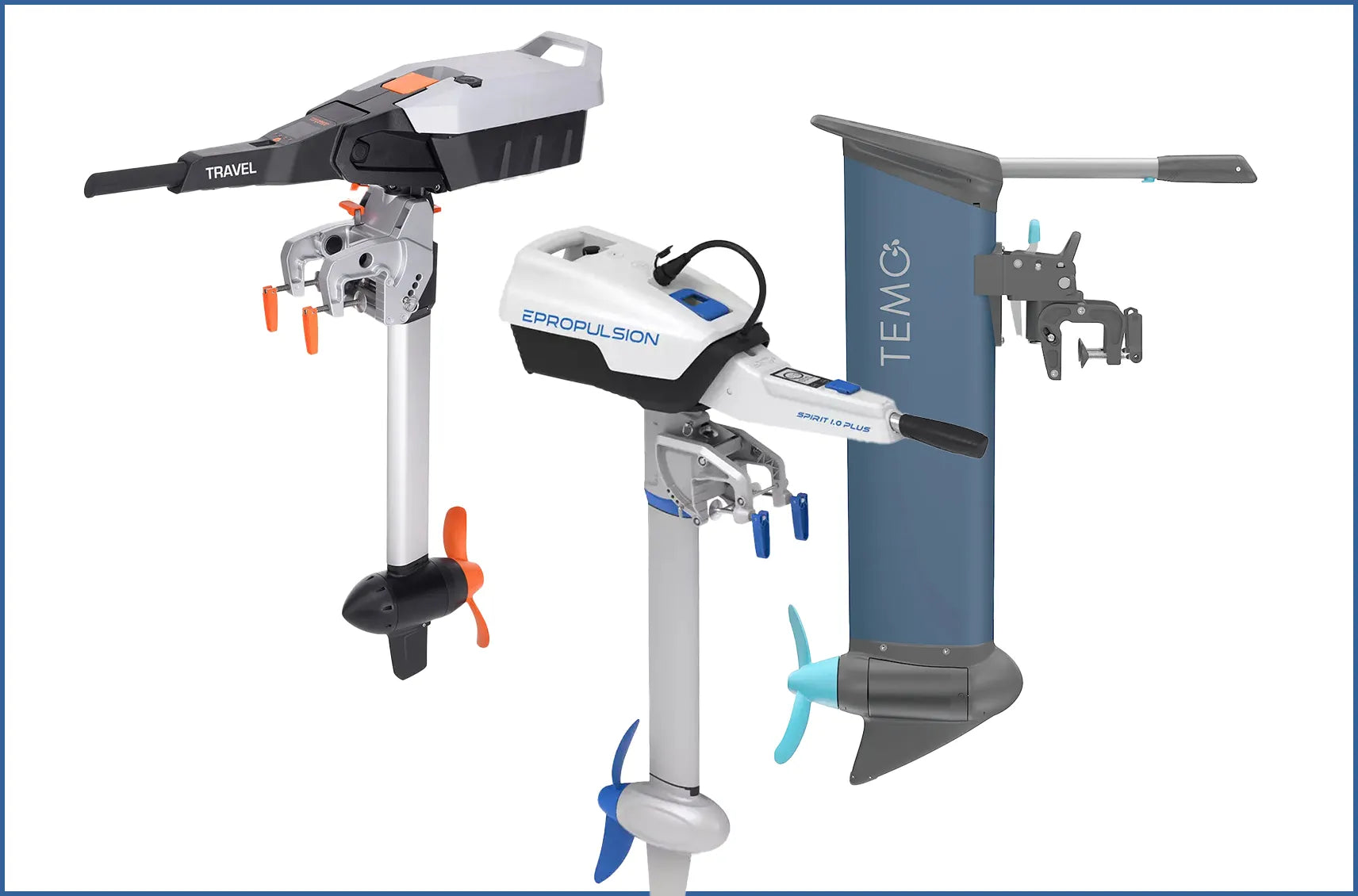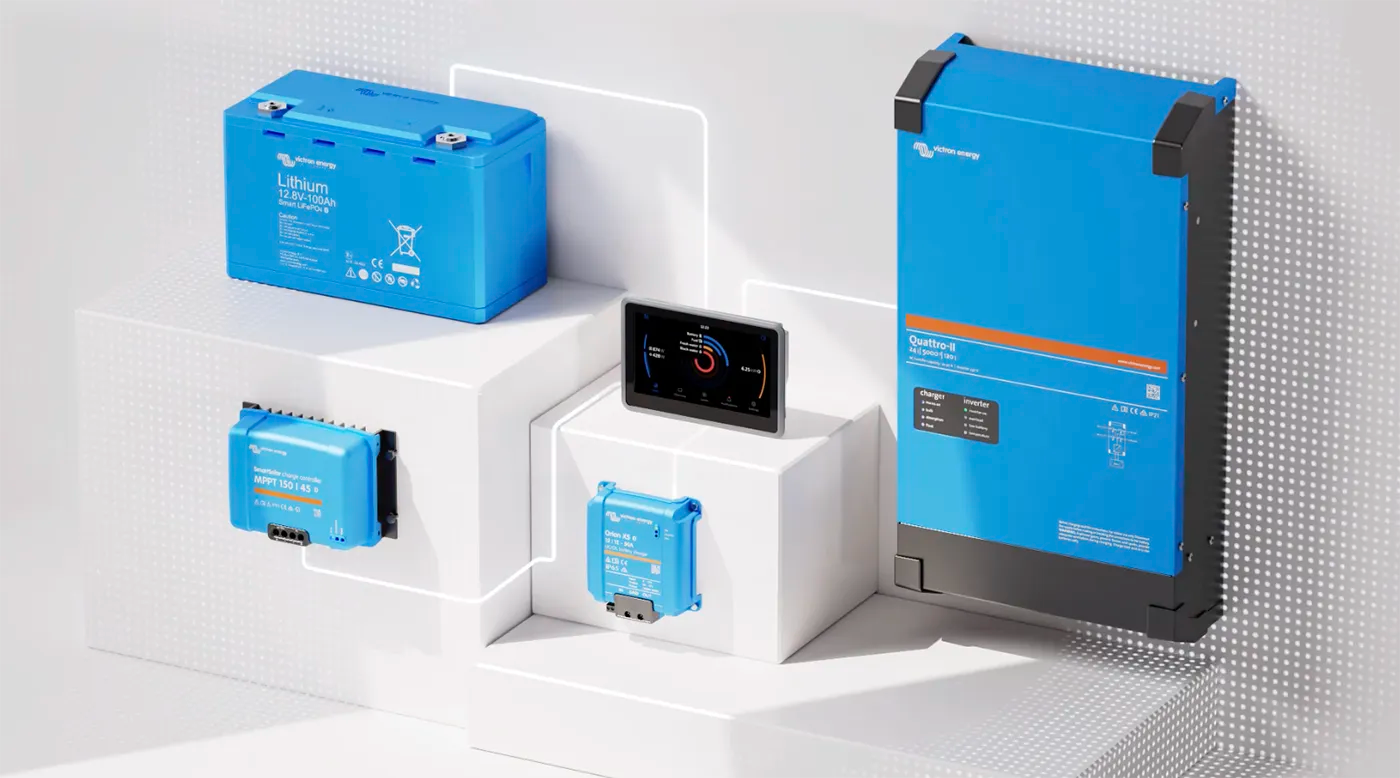Can Lithium Batteries Get Wet?
Lithium-ion and lithium iron phosphate (LiFePO4) batteries are rapidly becoming the preferred choice for marine applications due to their durability, efficiency, and long lifespan. However, a crucial question often arises: What happens if these batteries get wet?
The Dangers of Moisture Exposure
While lithium batteries offer significant advantages over traditional lead-acid batteries, exposure to water, especially saltwater, can still pose serious risks. If moisture or water gets inside a battery's casing, it can lead to short-circuiting, corrosion of internal components, and even thermal runaway, which can cause overheating or fires. Saltwater, in particular, accelerates corrosion, potentially leading to quicker battery degradation.
IP Ratings and What They Mean
When evaluating a lithium battery for marine use, it’s essential to consider its IP rating. The IP (Ingress Protection) rating indicates the level of protection the battery's casing provides against solid objects and moisture. For marine applications, an IP65 rating or higher is recommended.
- IP65 Rating: A battery with an IP65 rating is dust-tight and protected against water jets from any direction. While this means it can handle splashes and indirect exposure to water, it’s not fully waterproof and cannot be submerged.
Many marine-grade batteries, like those from Victron Energy and Dakota Lithium, feature IP65-rated enclosures that prevent water and salt particles from penetrating the internal components.
Protecting Lithium Batteries from Saltwater Damage
Current lithium batteries are protected from saltwater through a combination of robust casings, sealed connections, and advanced coatings. Additionally, the use of corrosion-resistant materials, such as stainless steel for terminals and special coatings on internal circuits, further safeguards against the corrosive effects of saltwater. Integrated Battery Management Systems (BMS) also monitor environmental factors, such as temperature and moisture, to ensure the battery remains protected and operates safely.
However, there are best practices you can follow for better protection. To keep your lithium batteries safe in marine environments:
- Install in a dry, ventilated compartment: Keeping batteries away from direct water exposure is the best way to protect them from moisture damage.
- Use battery boxes: These boxes can provide an additional layer of protection, especially in rough seas.
- Regular inspections: Check for any signs of water intrusion, corrosion, or wear on the battery casing and terminals.
Victron Energy Lithium Batteries: Built for Marine Safety
Victron Energy, a well-known name in marine energy solutions, offers lithium batteries specifically designed for rugged environments. These batteries come equipped with a BMS that monitors temperature, voltage, and current, ensuring optimal safety. Additionally, many of Victron's lithium batteries feature a durable casing with an IP65 rating, protecting them from saltwater splashes and debris.



